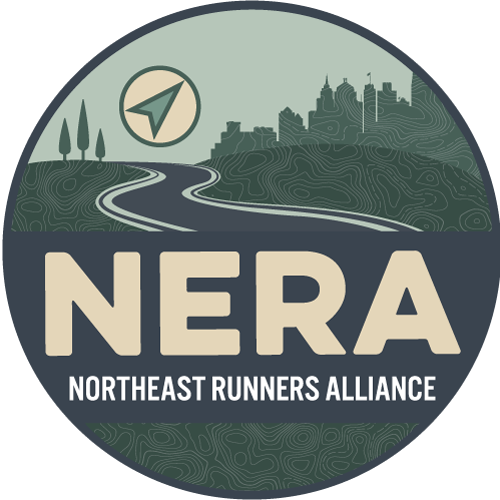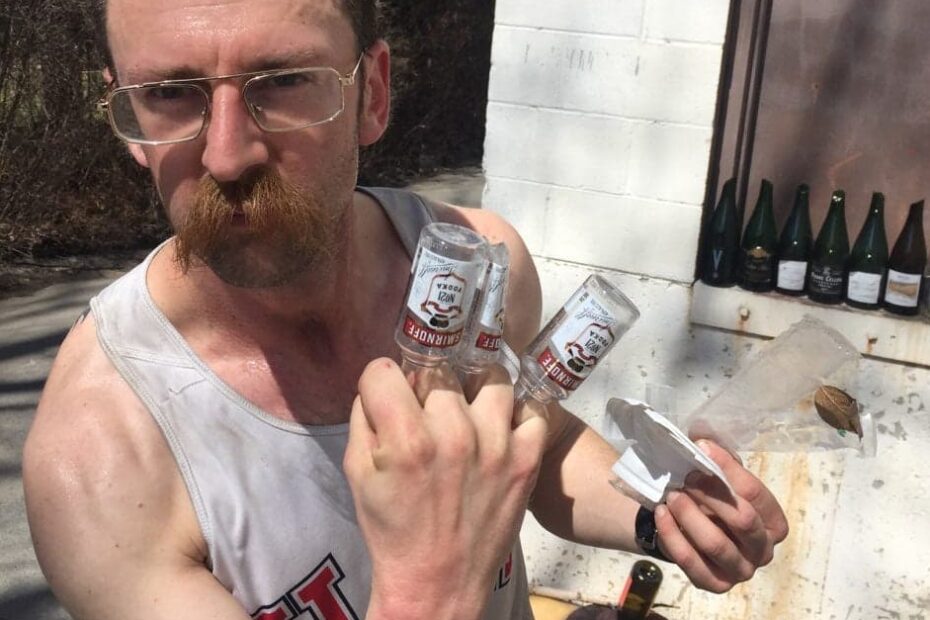Earth Day, which occurs every year on April 22nd, originated in 1970 amidst an emerging public consciousness around environmental health. On the heels of the student anti-war movement, and following the publication of Rachel Carson’s revolutionary Silent Spring, the first Earth Day inspired demonstrations of approximately 20 million Americans across the country, as a united force protesting a wide array of environmental concerns including oil spills, industrial pollution, and habitat loss. Earth Day also united political groups and garnered support from Republicans and Democrats, which spurred the formation of the United States Environmental Protection Agency (USEPA) and monumental legislation including the Clean Air Act of 1970 and the Clean Water Act of 1972. These steps also paved the way for what we know today as the mainstream environmental justice movement.
The magnitude of that first Earth Day and all that occured in its wake may now seem like an intimidating precedent – where environmental protection and improvement is only achievable through sweeping actions or those by the federal government. However, to ease that feeling of disheartenment, I would like to shift our focus to another environmental movement – plogging. The term “plogging” comes from two Swedish verbs: “jogga” (“jog”) and “plocka upp” (“pick up”). It is believed that the first “Plogga” occurred in Stockholm Sweden in 2016. Today, it’s estimated that approximately 20,000 people plog every day in over 100 countries.
One of the most avid ploggers (and runners) I know in the Portland community is Ned Swain– who, along with other titles and talents is the owner of Devenish Wines, a small, local wine distribution company focussed on natural and sustainably produced wines. I had the pleasure of speaking to Ned over the phone and asking him about his dedication to and philosophy around plogging. “Plogging obviously helps cleanup the environment, and that’s why I do it… But I approach plogging in a similar way as I approach a lot of other aspects in my life… Little things add up. If when running a race I can run 5 seconds faster per mile – over the course of a marathon, that’s a whole two minutes faster… If I can pick up even a couple of pieces of plastic on my run everyday, that adds up to a lot of microplastics that aren’t ending up in our watershed and in the food chain…”. (To learn more about microplastics, checkout the work of Abby Barrows–an oyster farmer and marine biologist on Deer Isle, who in her spare time, travels the world studying microplastic in the ocean.)
If you would like to take action in celebration of Earth Day and maybe start or continue your own plogging practice, join us on Saturday, April 23rd at Austin Street Brewery (115 Fox St, Portland) for the 5th Annual Portland Plog Pluck. We hope to see you there!

